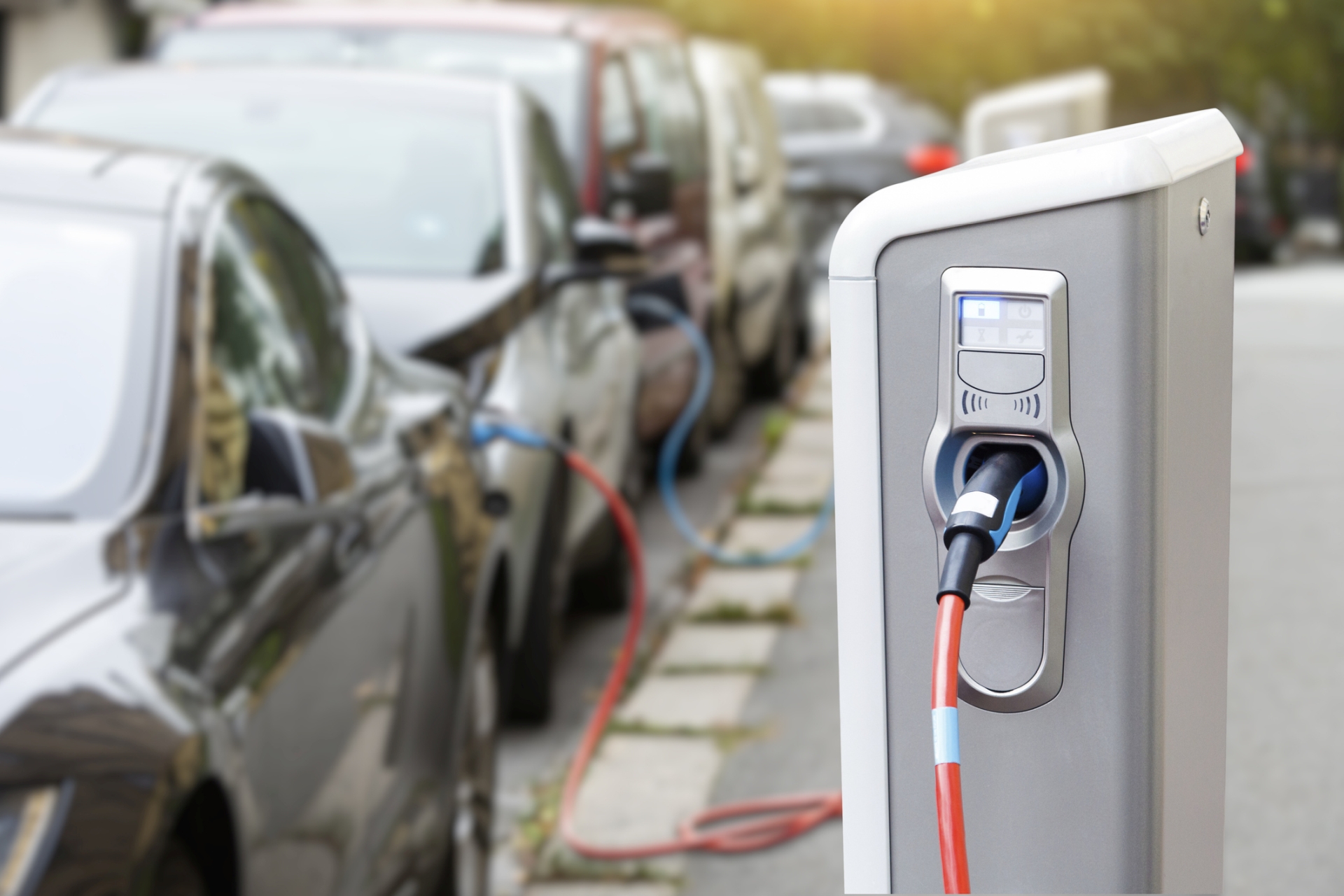Electric driving: what types of electric cars are there?
BEV: battery-electric
Most electric cars on the road now and in the future are ‘Battery Electric Vehicles’, also referred to by the abbreviation BEV. In these types of cars, the wheels are driven by one or more electric motors, while the energy is supplied exclusively by a rechargeable battery. A BEV is therefore 100% electric and has no fuel engine, fuel tank and exhaust.
FCEV: hydrogen car
You also have an FCEV, which stands for ‘Fuel Cell Electric Vehicle’. This car runs on hydrogen that you have to refuel at a hydrogen station. The hydrogen is converted into electricity in the car by a so-called fuel cell. This feeds the electric motor, which then drives the wheels. The only ’emission’ from this process is water vapour. An FCEV therefore runs 100% electrically, only you do not have to charge a battery as with a BEV.
PHEV: plug-in hybrid
Then we go to the PHEV, which stands for ‘Plug-in Hybrid Electric Vehicle’. This is a plug-in hybrid car in which a fuel engine is combined with an electric motor. The electric motor is powered by a smaller battery than with a BEV, but you still have to charge it with a plug. With a fully charged battery it is possible to support the fuel engine for a longer period of time for extra low consumption, or to drive 100% electrically over a distance of approximately 50 kilometers, depending on the model.
E-REV: range extender
Finally, there is the E-REV, which stands for ‘Extended-Range Electric Vehicle’. This is a lesser known term because this technique is rarely used. An E-REV is in fact a BEV, but with a small fuel engine as an extra emergency facility. The fuel engine is coupled to a generator. When the battery is empty, the fuel engine switches on automatically to charge the battery, so you can continue driving in search of a charging point. One of the most famous E-REVs is the BMW i3 Range Extender with a 600cc two-cylinder petrol engine and a 9 liter petrol tank.
Why drive electric?
Electric cars offer many advantages over traditional petrol and diesel cars. Starting with the environmental benefit, as an electric car does not use fossil fuels. No (harmful) exhaust gases are released during electric driving. In addition, driving on electricity is cheaper than driving on fuel, while there are all kinds of tax benefits to make the switch to an electric car more attractive. There are also several advantages in terms of driving behaviour. An electric motor has a number of properties that are very useful in a car. Read all about the pros and cons of an electric car here .

